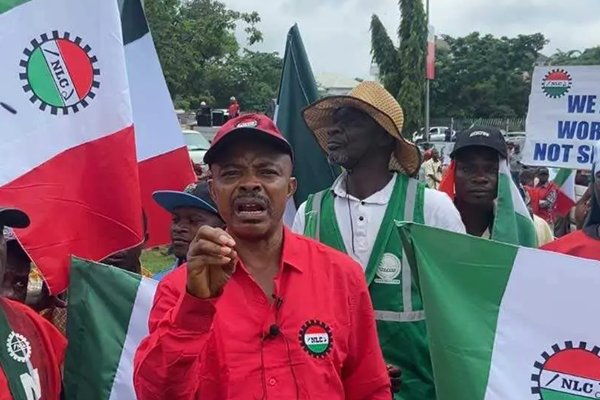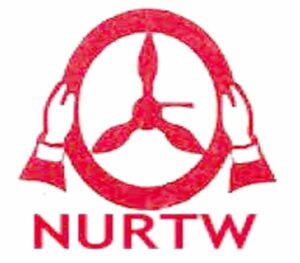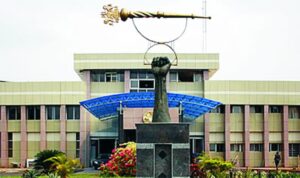
As Nigerian workers join their counterparts across the globe to mark International Workers’ Day today, the Nigeria Labour Congress (NLC) has issued a stern message to the Federal Government, highlighting growing economic hardship and calling for urgent reforms.
Speaking at a press briefing ahead of the May Day celebration, NLC President Joe Ajaero painted a grim picture of the current economic climate, blaming government policies such as the removal of fuel subsidies and the floating of the naira for worsening living conditions across the country.
“Nigerian workers are on the brink. The ill-timed and unstructured removal of fuel subsidy, coupled with naira devaluation and surging inflation, has plunged millions into deeper poverty,” Ajaero said.
He stressed that the real value of wages has been eroded, leaving workers unable to meet basic needs. “Hunger is the mood among workers. The current minimum wage can’t buy a bag of rice. Transport alone gulps most of a worker’s salary before the month ends,” he said.
Ajaero reiterated the Congress’s demand for a new minimum wage of N70,000, calling it the barest minimum in the face of Nigeria’s cost of living crisis. While acknowledging that the figure may still be inadequate, he said it could serve as a starting point for negotiation and must be adjusted periodically to keep pace with inflation.
“If the government truly intends to realise its ‘Renewed Hope’ agenda, it must move beyond policies on paper. It must implement measures like the new minimum wage, the CNG transportation initiative, and the student loan scheme. The foundation has been laid, but we need action,” he said.
He criticised the slow rollout of promised palliatives, including the Compressed Natural Gas (CNG) transport system. “They promised CNG buses—where are they? Wage awards have not been implemented in many states. The promises made last year have remained largely unfulfilled,” he said.
Ajaero also raised alarm over irregular salary payments, discrepancies in wage implementation across states and agencies, and failure by many state governments to meet agreed wage standards. He demanded the harmonisation of public sector salary structures, including a review of step progression and grade levels.
He further called for tax reforms to shift the burden away from the poor. “In Nigeria, workers earning N50,000 are taxed heavily, while billionaires and multinationals escape with little or nothing. This must stop,” he said.
On insecurity, Ajaero decried the rising threats to workers, especially in rural areas, noting that worsening security conditions continue to reduce productivity and endanger lives.
He also criticised the poor state of public education and healthcare, arguing that many workers can no longer afford quality schooling or medical treatment for their families.
Turning to issues within the labour movement, Ajaero condemned increasing political interference in union affairs, citing Rivers and Edo states as flashpoints. He accused governors in both states of undermining union autonomy, promoting factionalism, and denying workers their rights.
“In Rivers, labour-government relations have broken down. Retirees are unpaid, union meetings are disrupted, and workers are silenced. In Edo, the crisis of leadership has been fuelled by government interference,” he said.
He urged the Federal Government to rein in state governors violating workers’ rights and called for the restoration of full labour freedoms. Until these issues are resolved, he said, May Day celebrations would not be held in affected states.
Ajaero concluded by challenging the government to prioritise social investment and eliminate wasteful spending. “The time has come to choose people over politics,” he said.







